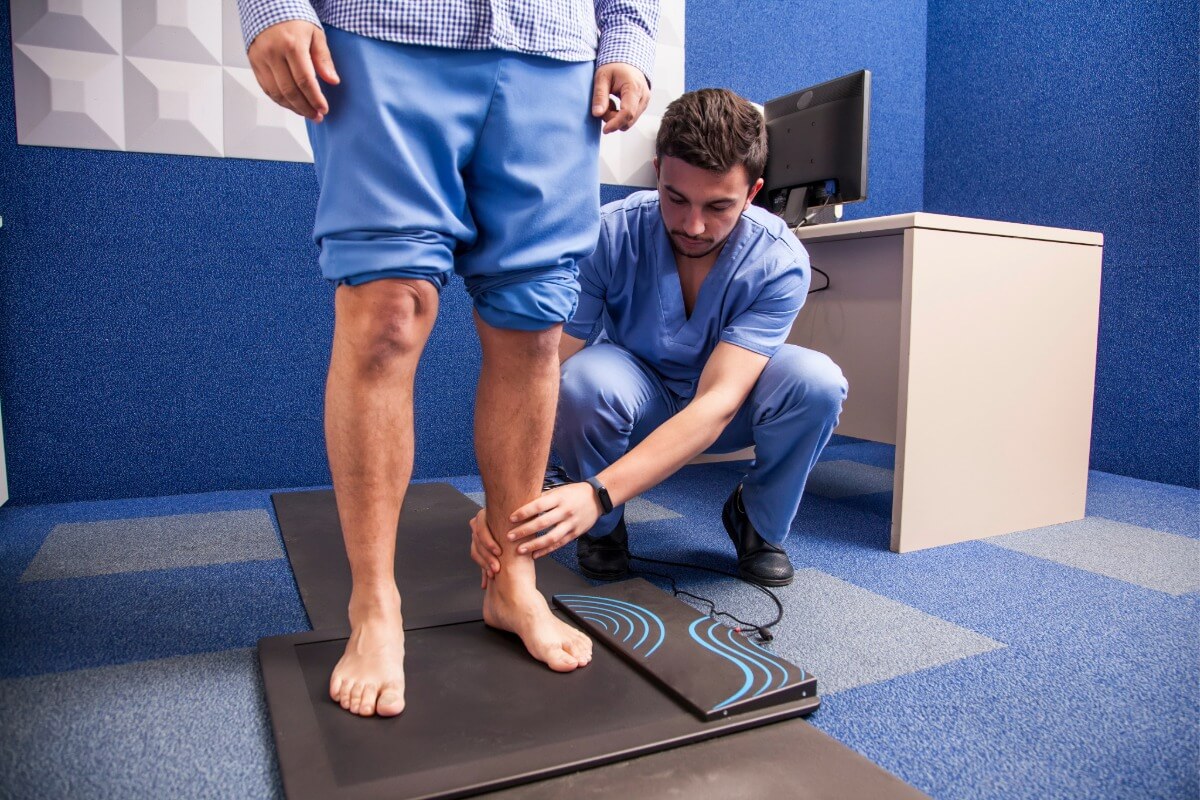Bunions: 3 Signs You Need Surgery

It’s extremely easy to put things off until someday in the future. But what if everything from walking to standing on your feet hurts? This is the moment many patients with bunions begin to worry. There are some precautions you can take to avoid ever getting to this point. Once you have exhausted all the options, surgery may be the last hope. Read below about three signs that say it is time to say yes to surgery.
What Are Bunions?
Bunions affect the joint at the base of the big toe, causing a bony bump to stick out at the edge of the foot. As many as 3 million cases are found in the United States alone. Common symptoms include:
● A bony protrusion that gets progressively larger
● Swelling or redness around the joint
● Pain or stiffness
Precautions
Surgery is always a last resort, as most bunions can be cared for at home. They can also be handled with custom orthotics and changes in shoe wear. Make sure that your shoes have enough space for your toes to bend so that they are not pushed together. Other ways to manage your bunion symptoms include:
● Icing the bunion for 10 to 15 minutes at a time
● Taking over-the-counter pain relievers and anti-inflammatory medications
● Splinting or bracing the foot
● Stretching and doing foot-strengthening exercises
● Placing custom orthotics into your shoes for extra support
● Placing a bunion pad over the area to prevent friction when wearing shoes.
Signs You Need Bunion Surgery
If your bunion symptoms worsen, surgery may be your only option. Tell your doctor if you have any of the following:
Your bunion deformity is already severe, or it is getting worse. If your bunion is getting progressively worse, despite foot care, then surgery may be the best solution. Another sign you need surgery is severe foot deformation.
Your bunion pain is getting in the way of normal life. If you can’t wear normal shoes, stand, walk, or get around easily, then your podiatrist may suggest surgery to restore function to your foot.
Conservative treatments are not helping. If you have been trying non-invasive bunion treatments for a while now but haven’t seen improvement or even a slowed progression of the problem, it may be time to consider bunion surgery.
If any of the above sounds familiar to you, then you should visit your podiatrist to discuss the possibility of bunion surgery. This procedure will:
● Correct the deformity
● Reduce your pain and discomfort
● Improve foot function
● Enhance your quality of life
Remember, it is better to have the surgery than continue to suffer from the undesirable side effects of worsening bunions. Surgery is a difficult choice to make, but the safety of your feet is worth it.
Learn More About Bunion Surgery
At Diablo Foot & Ankle, our specialists are trained to help you through everything from deciding on surgery to recovery. Give us a call today at (925) 464-1982 to set up an appointment to learn more about bunions and how to decide if surgery is right for you.
Related articles
Request your podiatry consultation now
Fill out our contact form for a prompt call back. Diablo Foot & Ankle: Premier podiatry group in Walnut Creek & Antioch

.svg)

.svg)
.svg)





